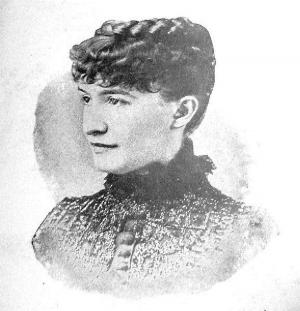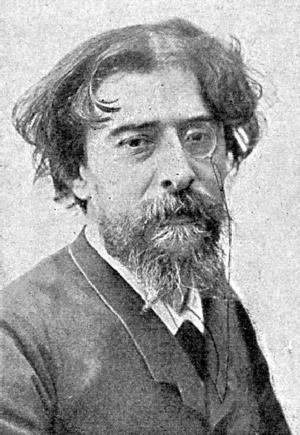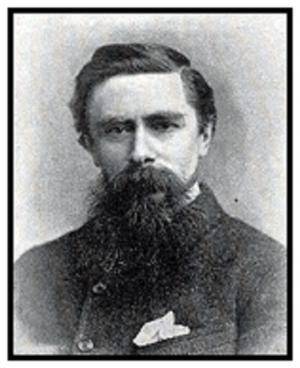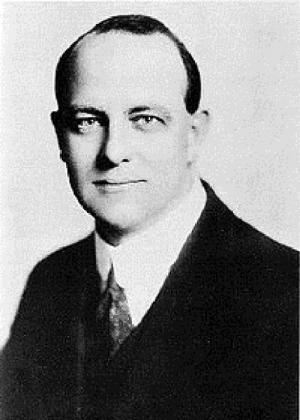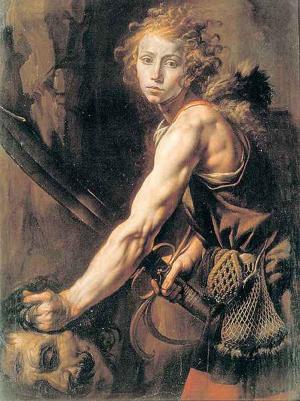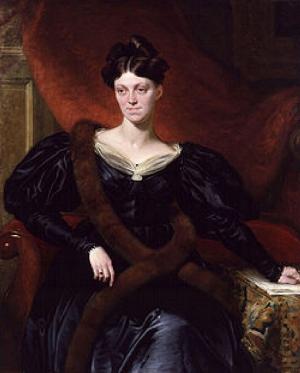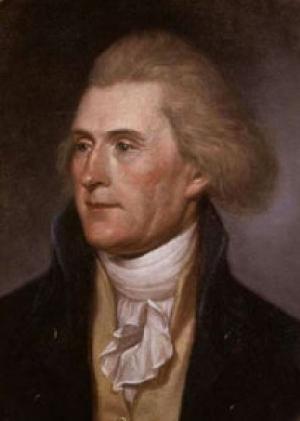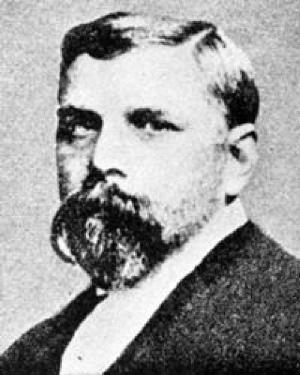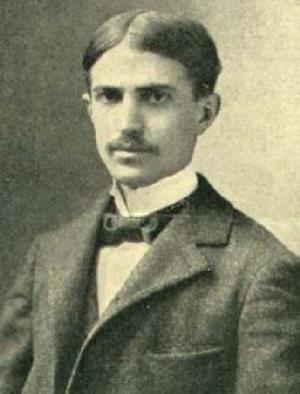James Braithwaite, the Supercargo, the Story of His Adventures Ashore and Afloat
Fiction & Literature, Classics, Kids, Teen, General Fiction, Fiction| Author: | Kingston, W.H.G. | ISBN: | 9781455393893 |
| Publisher: | B&R Samizdat Express | Publication: | June 10, 2015 |
| Imprint: | Quench Editions | Language: | English |
| Author: | Kingston, W.H.G. |
| ISBN: | 9781455393893 |
| Publisher: | B&R Samizdat Express |
| Publication: | June 10, 2015 |
| Imprint: | Quench Editions |
| Language: | English |
This is a typical Kingston book, very skillfully written, with lots of difficult situations very well described. But what is worth remembering is that it is probably the last book Kingston ever wrote, for he had already been diagnosed with a rapid and terminal illness, which I suppose to have been cancer. Yet, despite the position that redoubtable author found himself in, he still gave us one of his very best well-written adventure stories. A supercargo is a position in the ship's crew analogous to the ship's clerk. His work consists of knowing exactly where every item of thecargo is stowed, so that it can be put in the right place for it to be most conveniently taken out on its arrival at its destination. According to Wikipedia: "William Henry Giles Kingston (28 February 1814 - 5 August 1880), writer of tales for boys, was born in London, but spent much of his youth in Oporto, where his father was a merchant. His first book, The Circassian Chief, appeared in 1844. His first book for boys, Peter the Whaler, was published in 1851, and had such success that he retired from business and devoted himself entirely to the production of this kind of literature, in which his popularity was deservedly great; and during 30 years he wrote upwards of 130 tales, including The Three Midshipmen (1862), The Three Lieutenants (1874), The Three Commanders (1875), The Three Admirals (1877), Digby Heathcote, etc. He also conducted various papers, including The Colonist, and Colonial Magazine and East India Review. He was also interested in emigration, volunteering, and various philanthropic schemes. For services in negotiating a commercial treaty with Portugal he received a Portuguese knighthood, and for his literary labours a Government pension."
This is a typical Kingston book, very skillfully written, with lots of difficult situations very well described. But what is worth remembering is that it is probably the last book Kingston ever wrote, for he had already been diagnosed with a rapid and terminal illness, which I suppose to have been cancer. Yet, despite the position that redoubtable author found himself in, he still gave us one of his very best well-written adventure stories. A supercargo is a position in the ship's crew analogous to the ship's clerk. His work consists of knowing exactly where every item of thecargo is stowed, so that it can be put in the right place for it to be most conveniently taken out on its arrival at its destination. According to Wikipedia: "William Henry Giles Kingston (28 February 1814 - 5 August 1880), writer of tales for boys, was born in London, but spent much of his youth in Oporto, where his father was a merchant. His first book, The Circassian Chief, appeared in 1844. His first book for boys, Peter the Whaler, was published in 1851, and had such success that he retired from business and devoted himself entirely to the production of this kind of literature, in which his popularity was deservedly great; and during 30 years he wrote upwards of 130 tales, including The Three Midshipmen (1862), The Three Lieutenants (1874), The Three Commanders (1875), The Three Admirals (1877), Digby Heathcote, etc. He also conducted various papers, including The Colonist, and Colonial Magazine and East India Review. He was also interested in emigration, volunteering, and various philanthropic schemes. For services in negotiating a commercial treaty with Portugal he received a Portuguese knighthood, and for his literary labours a Government pension."


